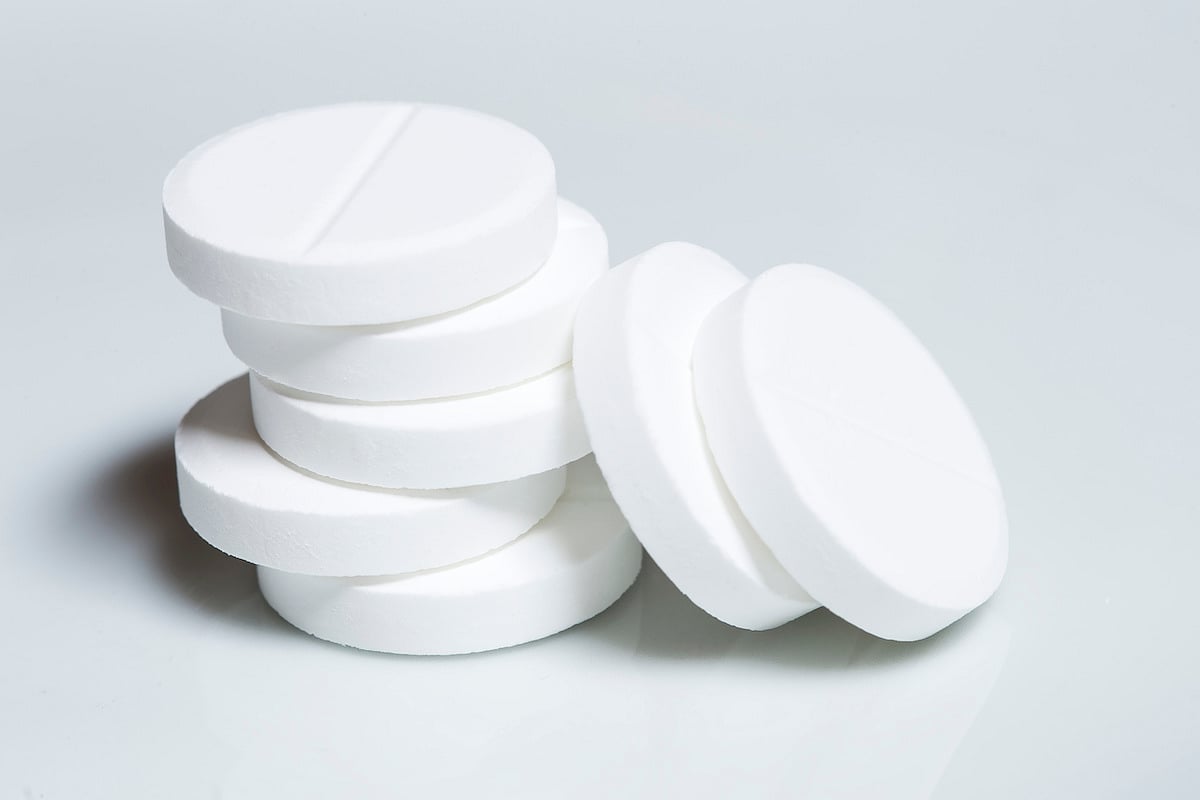Photo Credit: peakSTOCK
Bowel wall thickness assessed via intestinal ultrasound may identify hospitalized patients with ulcerative colitis at higher risk for complications.
“Reliable and easily accessible objective markers of disease activity to predict long-term treatment outcomes in severe ulcerative colitis are missing,” Jakob B. Seidelin, MD, PhD, DMSc, and colleagues wrote in an article published in the Journal of Crohn’s and Colitis. “We aimed to investigate if intestinal ultrasound might predict long-term outcomes in hospitalized patients with severe [ulcerative colitis] treated with IV corticosteroids.”
For the study, patients hospitalized with severe ulcerative colitis and intestinal ultrasound inflammation—defined as bowel wall thickness greater than 3 mm—were recruited from three university hospitals. The researchers conducted intestinal ultrasound prior to the start of treatment and 48 ±24 hours, 6 ±1 days, and 3 months after treatment began. Time until colectomy or the need for new interventions was presented with a Mayo score at 3 months and a partial Mayo score at 12 months. Researchers followed patients for 12 months.
Higher Thickness Tied to More Intervention
Among the 56 patients in the study, 80% (n=45) required intervention, including nine colectomies, during the 12-month follow-up.
After 48 ±24 hours, no patient with a bowel wall thickness of less than 3 mm required a colectomy (P=0.04). However, patients with a bowel wall thickness of 4 mm or greater had a greater risk for colectomy (OR, 9.5; 95% CI, 1.50-186.0; P=0.03), while patients with a bowel wall thickness of 3 mm or greater exhibited an increased risk for intervention (OR, 3.6; 95% CI, 1.1-12.]; P=0.03). Additionally, a bowel wall thickness of 4 mm or greater resulted in a significantly shorter period until both colectomy (P=0.03) and treatment intensification (mean days, 75 [95% CI, 24-127] vs 176 [95% CI, 119-233]; P=0.05). Neither intestinal ultrasound predictors nor partial Mayo score, C-reactive protein, hemoglobin, or p-albumin could predict remission at 3 months and 12-months.
“[Bowel wall thickness], assessed at 48 [hours] post [IV] corticosteroid initiation in patients hospitalized with severe [ulcerative colitis], may identify patients with an increased risk of short- and long-term colectomy and predict a more aggressive short-term disease course,” Dr. Seidelin and colleagues wrote.



















Create Post
Twitter/X Preview
Logout